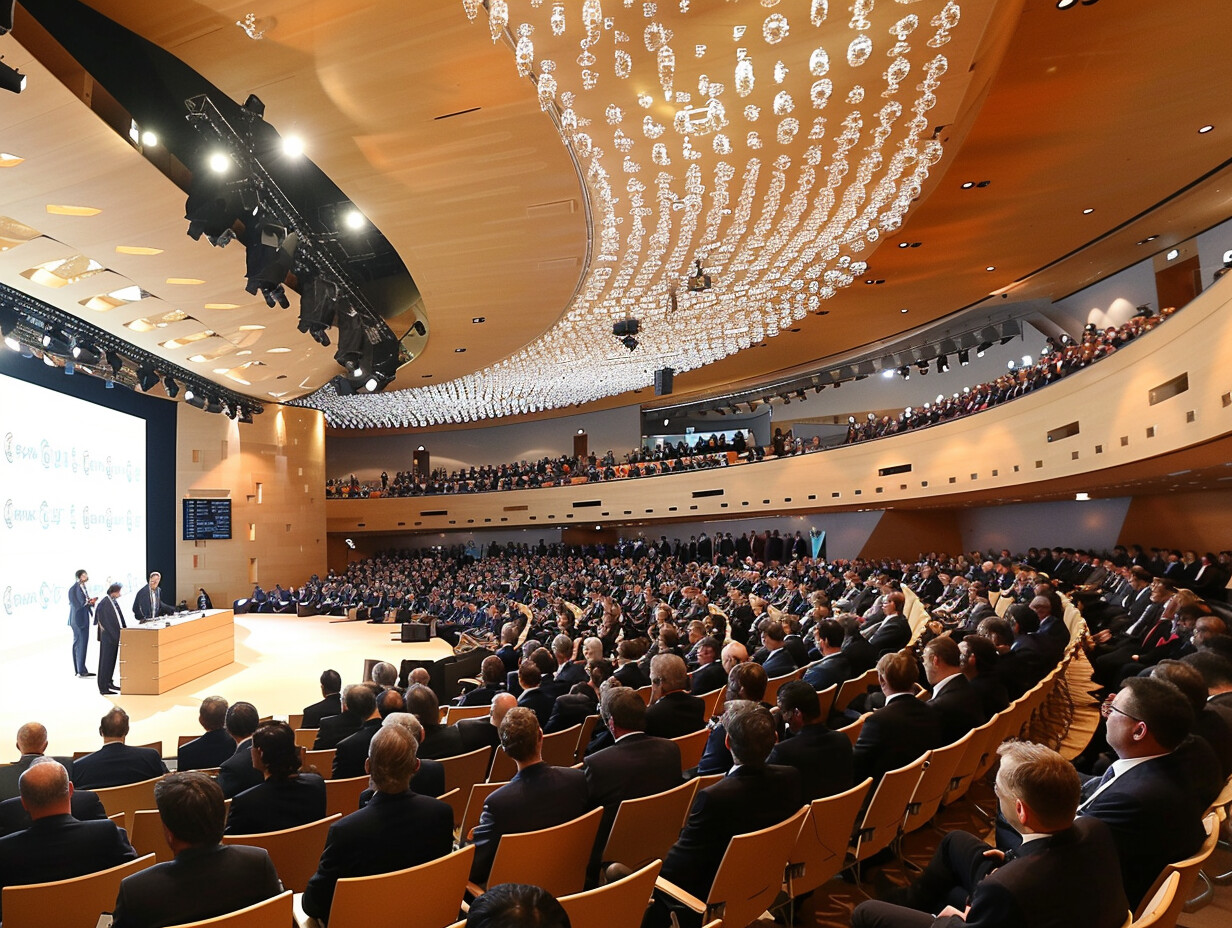The World Economic Forum announced its 2024 batch of startups that are pioneering new technology. The 100 leading tech startups are all working on artificial intelligence in some capacity.
Also read: Karnataka government partners with World Economic Forum to establish AI center
The World Economic Forum announced startups from different sectors, such as healthcare innovation, neurotechnology, space, clean energy solutions, and biotech. Over the next two years, these startups will share their latest knowledge and skills with the Forum for its global projects. They will also help the Forum’s projects grow and make an impact in the real world.
AI is a priority selection criteria for the WEF
The World Economic Forum said that the batch of companies announced are all harnessing AI and data for innovation in different sectors and governments. These companies are using AI for optimal decision-making and for the sustainability of their business operations. Recent technological breakthroughs motivated their selection.
The Forum also highlighted that the technology forerunners represent the entrepreneurial drive and life-changing potential that is crucial for a brighter tomorrow. Verena Kuhn, head of Innovator Communities at the Forum, said, “The 2024 Technology Pioneers are revolutionizing industries on a global scale.”
Kuhn also said that the selected startups are working on advanced tech to make the essential changes needed to address urgent challenges in the world. She said it would be interesting to see how their innovation aids the World Economic Forum’s initiatives. Their contributions to nurturing active alliances between private and public sectors will be vital to solving global challenges.
Women head one-third of the startups
The cohort for 2024 Technology Pioneers includes startups from 23 countries, a third of which are headed by female CEOs. The Forum said it received a record number of applications, but the focus was on firms with technology that has made a significant impact and is growing exponentially.
A recent Forum report found that the space industry will grow to $1.8 trillion during the next decade. Nine companies working on space technology are part of the cohort this year. These companies include space data firms, satellite manufacturers, and in-space manufacturing companies that represent the potential of the growing space sector.

The companies from the space sector include Amini from the United States, ConsteIIr and Unio Entreprise from Germany, and Space Forge and Swissto12 from the United Kingdom and Switzerland. Telepix from the Republic of Korea and Tenchijin from Japan are also among the selected companies, along with an Indian firm called Pixxel.
The clean technology cohort includes startups and established firms. The companies selected either have proven technologies or are near achieving their solutions in the fields of regenerative agriculture and carbon capture. Companies working on nuclear fusion and alternative protein-finding startups also form part of the diverse list.
Another important industry, the neurotechnology sector, has also raised $8 billion in capital investment, and the figure is increasing. Four firms working in neurotechnology are also selected, three of which are from the US and one from Israel. These neurotech startups will also interact with the AI Governance Alliance at the Forum.
Startups contribute value and derive benefits
To become Technology Pioneers members of the Forum, the startups must undergo a review and selection process. WEF notes that the startup’s business model must effectively bring the new technology to the market and have a proven business model capable of making a potentially positive impact on society.
Also read: Neuroscience and AI collide in “Mind to Image” art project
Visionary leadership is also a primary consideration because of its importance for the company’s success and contribution to the Forum. To be a part of the cohort, the companies must be less than ten years old and should have received a considerable amount of funding in their Series A funding rounds.
The Forum notes that membership provides startups with an opportunity to learn from each other and find new solutions for global challenges. Select members can also co-create partnerships, which helps them make an impact on the global agenda. The Forum also provides a large repository of research on issues like economic trends and innovation.
Cryptopolitan reporting by Aamir Sheikh





